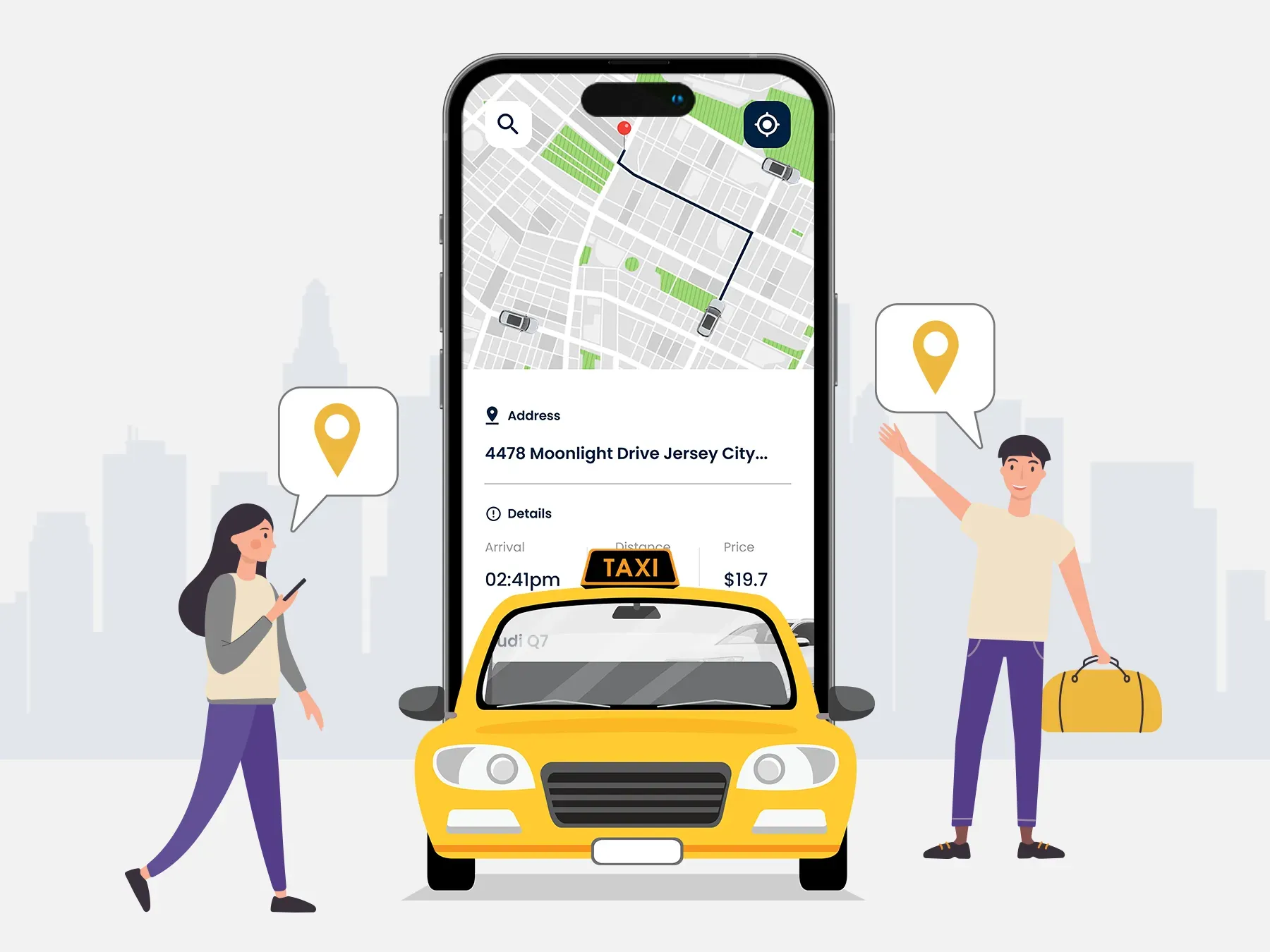
In this week’s edition of TechCrunch Mobility, we delve into the evolving landscape of transportation, where innovation and competition reign supreme. A notable legal battle is heating up as Carma Technology, a pioneer in ride-sharing tech, challenges Uber with a patent infringement lawsuit that could reshape the industry. Meanwhile, Tesla is grappling with mounting challenges as it faces a significant downturn in sales and growing inventory issues with its Cybertruck. Adding a dash of novelty, Texas sees the launch of dog-like delivery robots from Rivr, marking an exciting step forward in autonomous delivery solutions. Join us as we unpack these developments and what they mean for the future of mobility.
Carma Technology’s Legal Challenge Against Uber
Recently, Carma Technology has stepped into the spotlight with a significant patent infringement lawsuit against ride-sharing giant Uber. Founded by Sean O’Sullivan in 2007, Carma accuses Uber of infringing upon five of its key patents associated with matching riders and packages to vehicle capacities. This legal battle is particularly notable as it hinges upon a complex web of 30 interconnected patents that Carma has developed over nearly two decades. Experts, including IP attorney Larry Ashery, suggest that Uber may face substantial challenges, as the intricate patent claims mean Uber must individually address each assertion, complicating their defense.
The ramifications of this lawsuit extend beyond just legal implications; they highlight the ongoing competitive dynamics within the ride-sharing market. As Carma’s claims revolve around foundational technologies that underpin matching algorithms, this case could set a precedent for how intellectual property is managed within the rapidly evolving transportation sector. Furthermore, the outcome could influence investor confidence in tech startups that are developing novel solutions in mobility, emphasizing the importance of protecting intellectual property in driving innovation.
Tesla Struggles: Cybertruck’s Depreciation and Sales Decline
Tesla is facing considerable challenges with its much-anticipated Cybertruck, as recent reports reveal it is struggling to make a significant impact in the market. A concerning accumulation of unsold Cybertrucks in a Detroit parking lot signals a potential disconnect between consumer expectations and the reality of the vehicle’s performance. On top of that, newly introduced trade-in options highlight steep depreciation rates of up to 45% for Cybertruck owners, which could deter potential buyers and hurt Tesla’s brand image in the competitive electric vehicle sector.
Additionally, the declining sales figures in Europe and the U.K., where Tesla’s sales have plummeted by nearly half, raises questions about the company’s market strategy and adaptability. The Cybertruck’s industrial design and anticipated capabilities aimed at attracting a particular customer niche may not resonate as expected, suggesting that Tesla could be at a crossroads. As it navigates these challenges, it will be crucial for the automaker to reassess its approach to not only manufacture but also market the Cybertruck, ensuring they align with consumer demand and market conditions.
Innovations in Autonomous Deliveries: Rivr’s Dog-Like Delivery Robots
In the realm of logistics and delivery, Rivr is introducing a fresh approach to last-mile delivery through its innovative delivery robots, which resemble dogs on roller skates. This unique engineering allows the four-wheeled Rivr robots to climb stairs and navigate various terrains, providing a versatile solution for delivering packages directly to customers’ doors. Currently piloted in Austin, Texas, this project signifies a critical step towards refining the end-to-end process of autonomous delivery, showcasing how technology is evolving to meet consumer needs.
The collaboration between Rivr and Veho, which utilizes these robots to transport packages from delivery vans to homes, is part of a broader trend that highlights the potential of robotic solutions in urban areas. As e-commerce continues to grow, the demand for efficient, reliable delivery systems escalates, making innovations like Rivr’s delivery robots key players in the future of logistics. The success of this pilot will likely influence how similar technologies are adopted across various cities, as businesses look for innovative ways to streamline operations and enhance customer service in the ever-competitive e-commerce landscape.
In this week’s TechCrunch Mobility update, we saw significant developments in the transportation sector overshadowed by ongoing legal battles and technological advances. Carma Technology has filed a complex patent infringement lawsuit against Uber over its ride-matching technology, challenging the ride-sharing giant’s dominance in the market. Meanwhile, Tesla continues to face difficulties with its Cybertruck production, facing unsold inventory and steep depreciation rates as European sales plummet. In a more positive light, innovative delivery solutions are emerging as seen with Rivr’s autonomous delivery robots in Texas, which aim to enhance the last-mile delivery experience. Notably, new startups like Bedrock Robotics are making strides in autonomous vehicle retrofitting technology, while established companies like Zoox grapple with safety incidents and recalls. This week’s news signifies a dynamic landscape in transportation, where legal challenges and technological innovations coexist.






